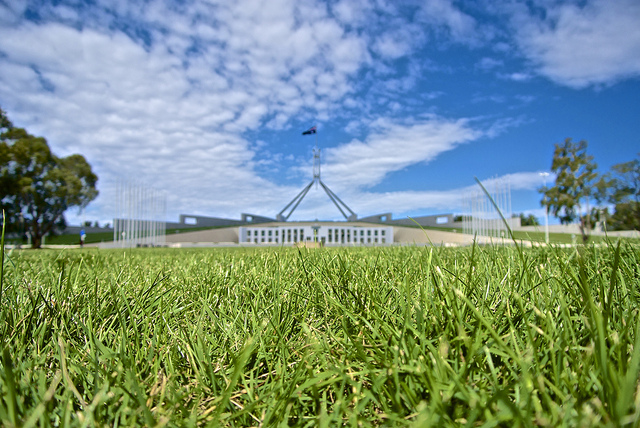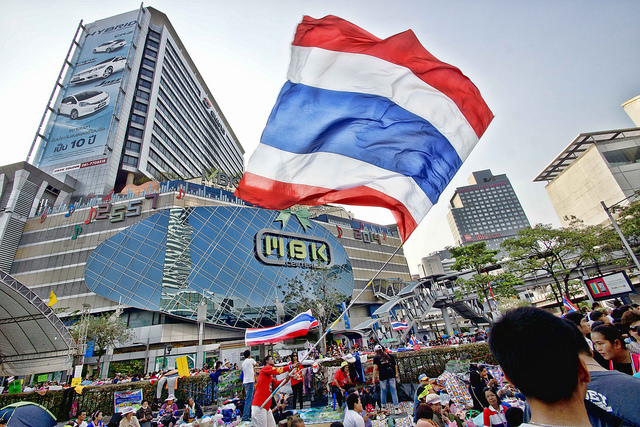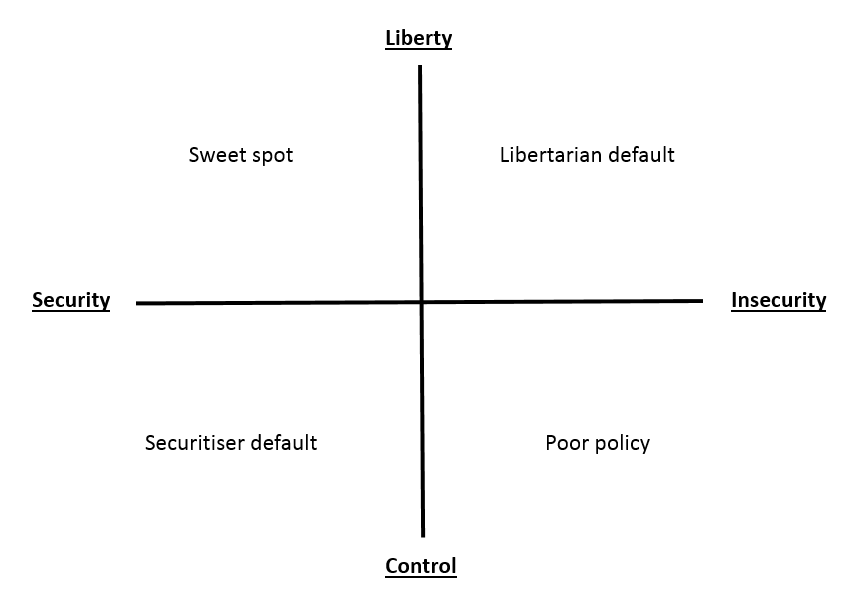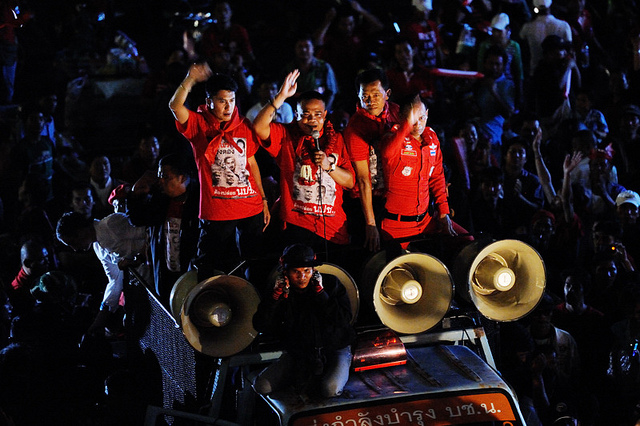The case for an Australian National Security Council

For the past decade, successive prime ministers have been grappling with the question of how best to organise the Australian government to face a widening array of oft-interconnected national security issues. Now, with a shifting strategic environment coming into sharper focus and a newly sophisticated Australian Defence Force coming into being, the time is right to reconsider and renew those efforts.
That means thinking deeply about Australia’s institutional infrastructure for making decisions about national security, and particularly the decision to go to war. The first step is to ask why Australia, almost alone amongst allies and close friends, has thus far resisted forming a secretariat or council of dedicated National Security staff.
In their own way, prime ministers Howard, Gillard and Rudd each tinkered with Australia’s system for going to war. Howard began to build the Department of the Prime Minister and Cabinet as a place where national security policy could be coordinated, and brought across Angus Campbell (now a Lieutenant General and Chief of Army) to the Department’s Office of National Security, where he was to provide advice independent to that of the military.
Gillard launched a national security strategy that for the first time aligned the goals and budgets of disparate agencies and departments. Better coordination was her priority—‘My message to the community is if you see a silo, dig it up’—but it came with little additional funding, the judgment that the age of terrorism was over, and a Defence White Paper that declared all was better in the world than the government had thought.
It was Rudd who turbocharged the effort. In 2008 he appointed Australia’s first official national security adviser (current ASIO Director Duncan Lewis), set about drafting the country’s first national security statement, launched a National Security College to sharpen the national security skills of officials across government, and formed new cabinet committees and bodies to coordinate intelligence-gathering and emergency and counterterrorism responses. The new structure was a promising start, but in time it fell victim to Rudd’s personal style of leadership. The national security adviser was staffed lightly and tasked widely—covering everything from bushfires to war.
We should revisit the idea of a National Security Council. There are two pressing needs it would resolve. The first is to strengthen institutional coordination and cohesion on national security. DFAT has traditionally led inter-departmental coordination on issues of international policy, but committees and task groups have been formed reactively, episodically, and with limitations imposed by the department’s anemic levels of staffing.
The Department of Defence takes a lead role in crafting national security, but national security and national strategy for that matter must be about more than just the use of the military. And Defence shouldn’t be left to craft its own strategic direction, as it does now all too often. Some of the day-to-day coordination of national security departments and agencies occurs within the Department of Prime Minister and Cabinet, but it’s largely focused on the here and now.
Which leads to the second reason Australia needs to develop a National Security Council. At the moment, it isn’t clear which part of government is formulating the long-term strategy necessary for a world in which strategic competition between our friends, allies and others is the new normal. How is the deep thinking about Australia’s economic and security futures being conjoined? And with how much institutional rigour and continuity are strategies being developed for the Prime Minister to navigate the uncertainties and complexities being charted by the Office of National Assessments?
The United Kingdom formed a National Security Secretariat in 2010 with a staff of 180, many brigaded from existing functions spread throughout government, and led by a National Security Adviser supported by three deputies covering foreign policy, defence and intelligence. Though this model wouldn’t be directly transferable to Australia, it is instructive, particularly with regard to the NSA’s role within a Westminster system and his or her relationship with the parliament. Carl Ungerer has outlined other options for an Australian-type system.
Of course, building such an institution and its culture is a complex task. Finding the right national security adviser can also be difficult. Too strong, and they hamper the ability of the prime minister and cabinet to exercise their democratic mandate, or else sideline defence chiefs. Too weak and they don’t provide enough contestability to balance the advice provided by the military in particular. The United States has been grappling with this issue for nearly 70 years, and tried a number of iterations of national security staffing structures.
But a bigger and more powerful defence force, more expansive national interests, and a more complex and interconnected strategic environment all demand a reconsideration of how we manage national security, and the decision to go to war. Or more importantly, the decision not to.

 Across the world, populists are attracting votes with their promises to protect ordinary people from the harsh realities of globalisation. The democratic establishment, they assert, cannot be trusted to fulfill this purpose, as it is too busy protecting the wealthy—a habit that globalisation has only intensified.
Across the world, populists are attracting votes with their promises to protect ordinary people from the harsh realities of globalisation. The democratic establishment, they assert, cannot be trusted to fulfill this purpose, as it is too busy protecting the wealthy—a habit that globalisation has only intensified.


